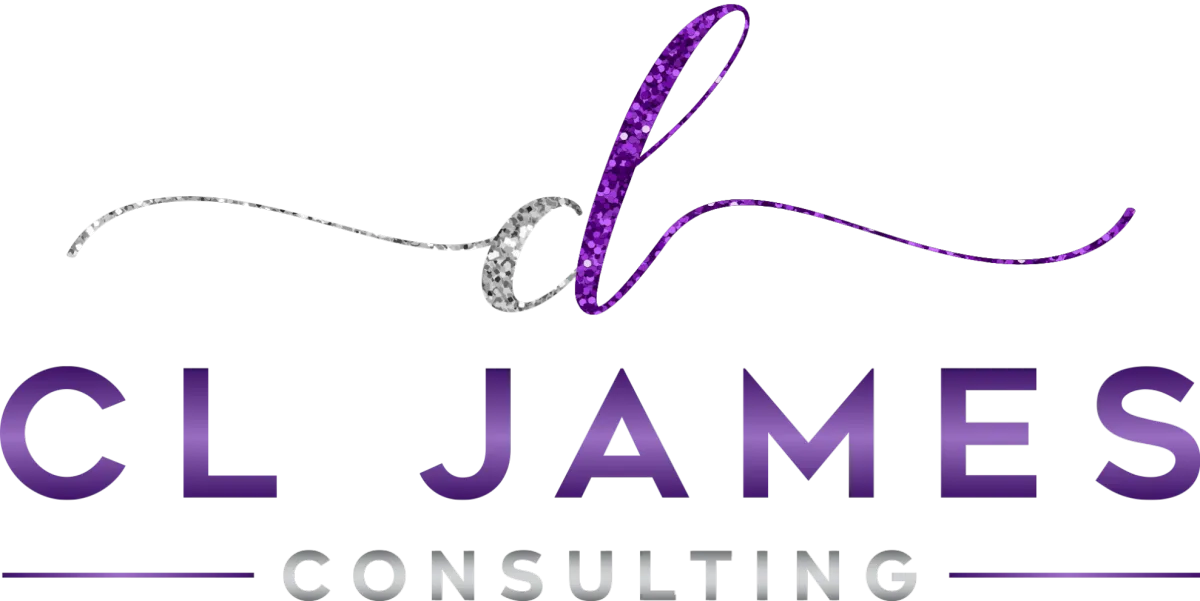
Insights for Aspiring CEOs
Welcome to Leader's Lounge, your dedicated space for deep-diving into the world of female entrepreneurship. Here, you'll
find a rich collection of articles tailored to inspire, educate, and empower you on your journey from solo entrepreneur
to successful CEO. Whether you're looking for the latest strategies in business automation, tips on effective leadership,
or ways to enhance operational efficiency, our blog is designed to support your growth and spark
significant transformation. Dive in and discover how to turn your business visions into actionable
realities while joining a community of like-minded leaders.
Welcome to Leader's Lounge, your dedicated space for deep-diving into the world of female entrepreneurship. Here, you'll
find a rich collection of articles tailored to inspire, educate, and empower you on your journey from solo entrepreneur to successful CEO. Whether you're looking for the latest strategies in business automation, tips on effective leadership, or ways to enhance operational efficiency, our blog is designed to support your growth and spark significant transformation. Dive in and discover how to turn your business visions into actionable
realities while joining a community of like-minded leaders.
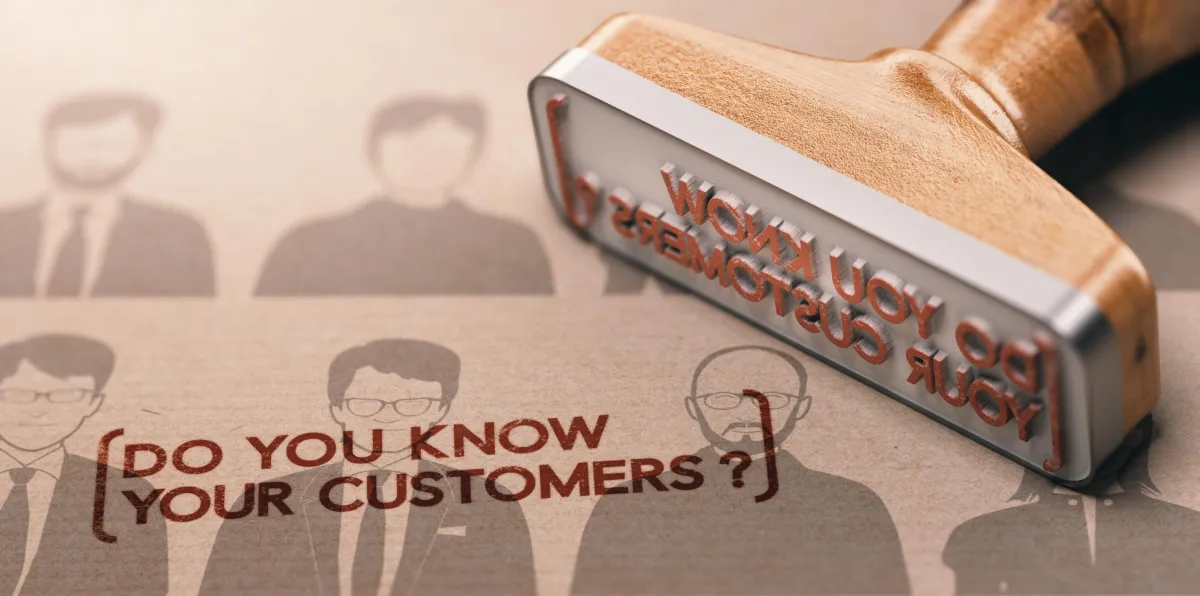
Customer Personas & How Do You Create One
Customer Personas & How Do You Create One
In every business, the customers are one of the most valuable assets. Therefore, if you want your company to flourish, you must get to know your clients first.
For your business to be successful, you need a smart and effective strategy, and the core of any marketing plan is the consumers’ profile. While companies generally manufacture products and offer services that adhere to their objectives, the clients’ interests and needs are still prioritized. It goes without saying then that knowing your audience is the foundation of your business, and therefore, it must be given much significance.
This is where customer personas take their role. In fact, there is much confusion about what it is. Some consider it the target consumers or the specific clients’ traits. However, it is neither of those because a customer persona is not based on one individual but the buyers collectively. At the same time, it’s not merely the target audience, but rather, their characteristics and relevant detailed information about them. It is safe to say that if you have accurate customer personas and know how to use them wisely, your business’ success is guaranteed.
How to Create Detailed Customer Personas
Now that you have a broad idea of what a customer persona is, it is time to create one for your business. As it is research-based, you have to follow a systematic way to reach the end goal. Also, make sure to collect information that will be necessary for your company’s marketing strategy.
Identify your target audience
To start, you will have to know who your target customers are, and only then can you come up with a persona for them. To get this step done, you will need to conduct thorough research, which means you have to go through your past and current clients to scout for potential ones. Look at how those customers were able to contact your brand, what made them interested in what you offer, and what encouraged them to be loyal.
Get to know your target segments
After pinpointing who your probable clients are, it is time to collect more information about them as prospective customers, rather than how they are related to the company like in the previous step. And to get to know them, you will need interaction, or in simple terms, you need to conduct an interview.
Gather the interviewees’ responses that you have invited, whether they may be current customers, target clients, or someone who knows nothing about what the business is all about. Identify their company position, responsibilities, tastes, and personal profile.
Determine your role as a company
Remember, your company’s responsibility is not to get customers for your products or services, but rather the opposite – to offer what you can for your clients. Therefore, it is essential that you know your consumers and what your business can give them.
It would be best if you are familiar with your prospects’ needs, considering the external factors, as well as the personal information you have collected. You must also identify what your consumers’ objectives are and if you can do something about them. After you get a clear idea of your target audience’s needs and goals, think about how your company’s expertise can do something to make them focus their attention on you.
Classify customers and form personas
All that is left to do is to create the customer persona specifically. Based on all the intel you have collected so far, how would you categorize your clients? Look at where their characteristics, preferences, and behaviors merge, then make a group. What you will get by the end of that is the core of your customer persona.
Give those clusters of similarities a title and a role, then take note of their distinguishing traits. For instance, you can develop a group of students in their teens who like listening to pop music and spend most of their time online on big streaming platforms. From that, you can create a persona, look at their perspective, and identify what products or services might fit them, and then you can capitalize on that.
Conclusion
Remember that your target consumers’ characteristics aren’t the only elements that make up a customer persona, although it is undeniably a big part of it. Utilize it to think from your target audience’s perspective and determine what products or services will be the most beneficial or in demand for them, considering all the information gathered. If you have a customer persona for your company, tailoring your strategies to match your target clients’ trends, likes, and shopping mannerisms will be much easier and accurate.
If you are looking for assistance, we are here to help!
Start your own blog checklist:
Here is a quick checklist to get you started with you website blow. Remember imperfect action beats inaction, get started and keep publishing.
Create your blog page then add the blog element
Add the blog element to your page and select if you want compact or list view
Start planning your blog topics by Identifying what resonates with your audience. If you are stuck you can use sites like - https://answerthepublic.com/
Create an outline serves your company goals.
Write conversationally, like if you were telling a story to a friend
Pick a catchy title.
Use several media types (gif, short video, or image) to deliver your messages.
Use data to back up claims or ideas - make sure to cite all sources❗
Have a call to action and or give your audience something to walk away with.
Take 30 minutes to edit your post.
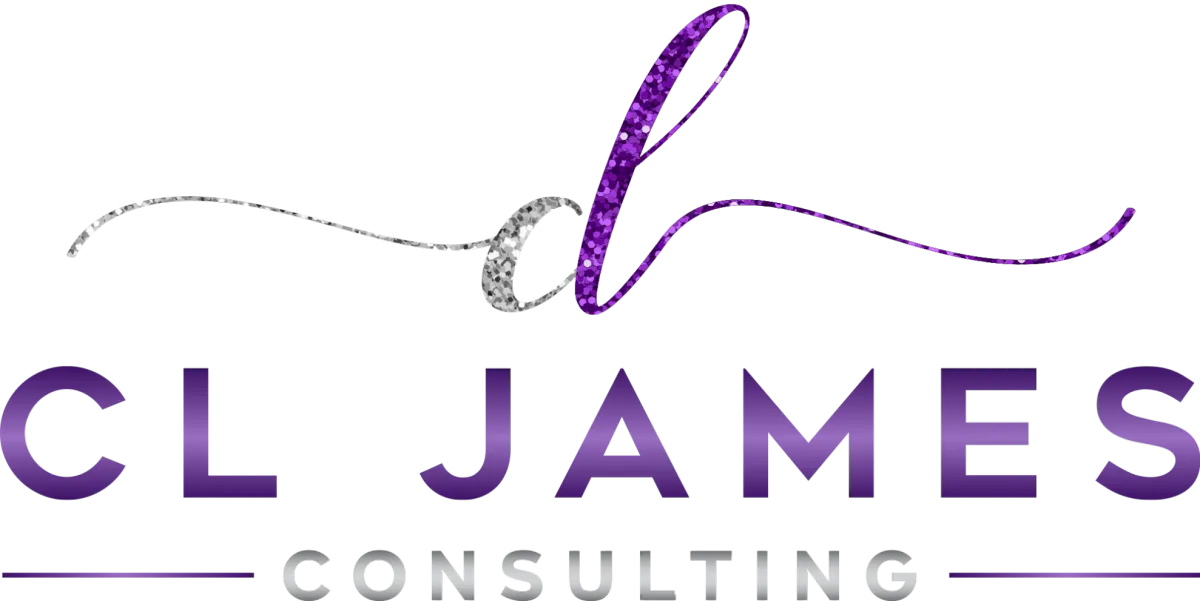

Join Our Mailing List
Each month I’ll perform a forward-facing ‘what-if’ analysis of a business to highlight potential opportunities or concerns. Get these and other business operations/strategy tips by adding your email address here
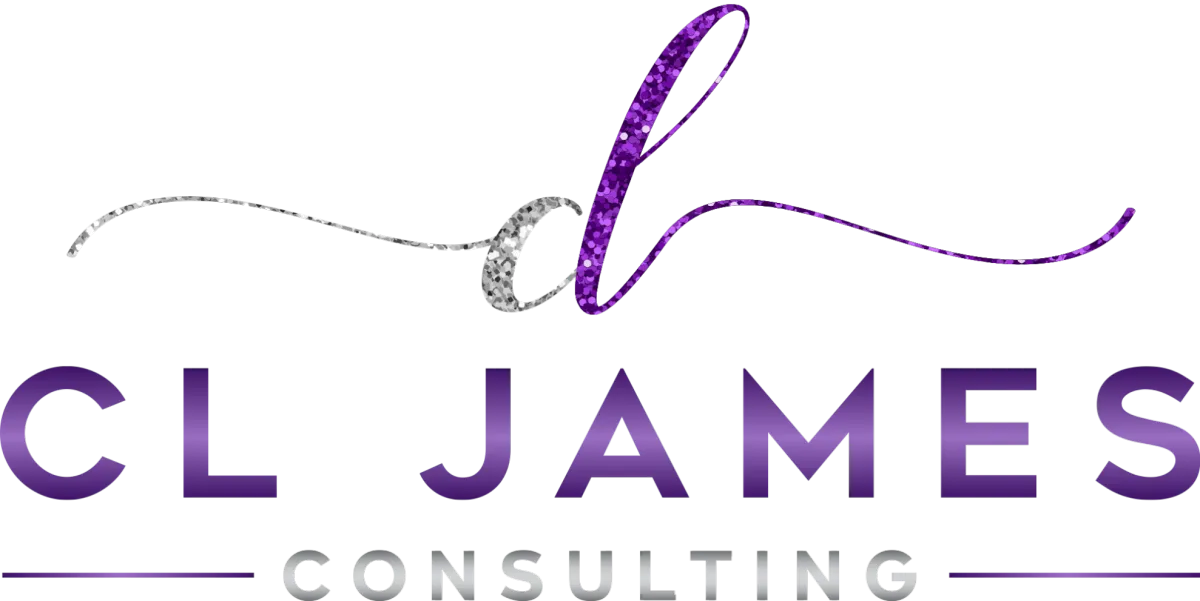

Join Our Mailing List
Each month I’ll perform a forward-facing ‘what-if’ analysis of a business to highlight potential opportunities or concerns. Get these and other business operations/strategy tips by adding your email address here
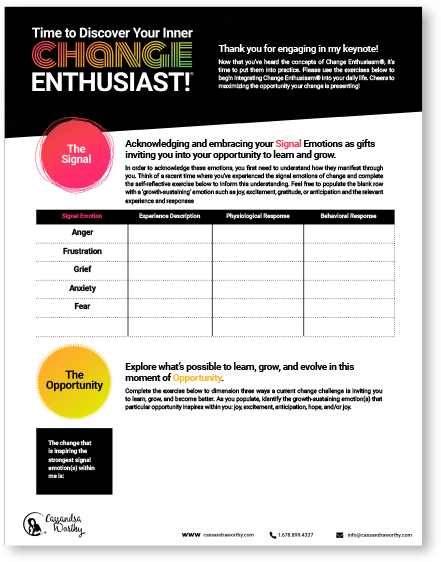

Take Home
Worksheet
Every keynote includes a worksheet to enable all of your attendees to put the concepts heard in the keynote into practice the very next day.
We will work with you to integrate these exercises with your existing post-event planning.